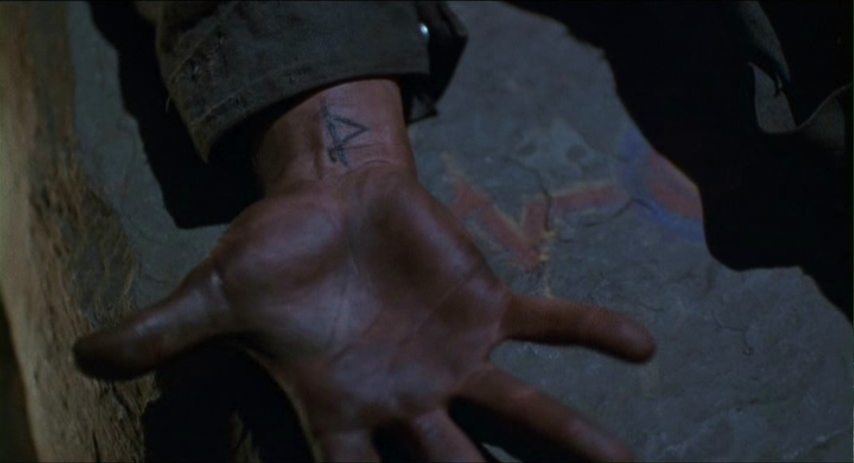Thorn ( þ ) is an old letter from the English alphabet which made the sound "th". It vanished slowly after the printing press was introduced.
The reason? All early printing presses came from Germany and later also Italy, who had no Thorn letter in their alphabet.
As the letter thorn looked kinda like the Letter Y in the gothic font at that time, Germans and Italians used the letter Y for a thorn substitute because it was not widely used at that time.
You know the fancy signs of "Ye olde Pub"? etc. It was never pronounced "yee" or "ye" Just "thee" or "the"
Sometimes later the use of "Y" fell out of vogue and the use of "th" for the sound Thorn was introduced.
The change from "thou" to "you" should be more eye-opening now. But why it was never changed back after introducing "th", is anyone's guess.
Why the English never created their own printing press alphabet is also anyone's guess.




